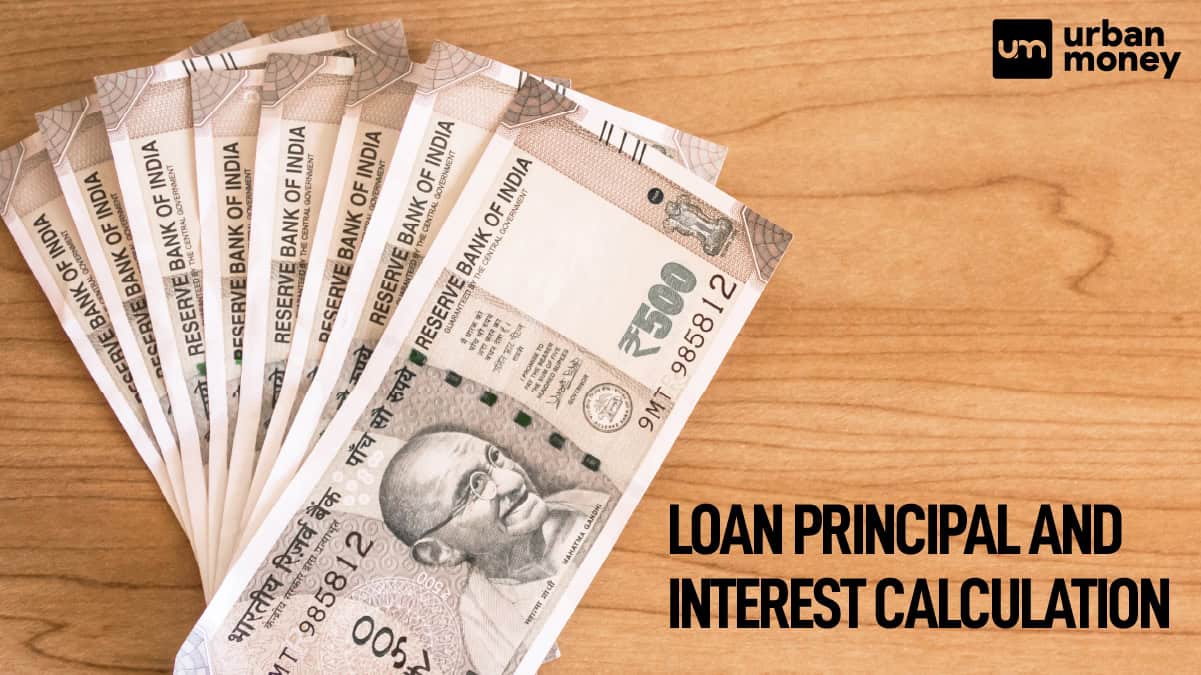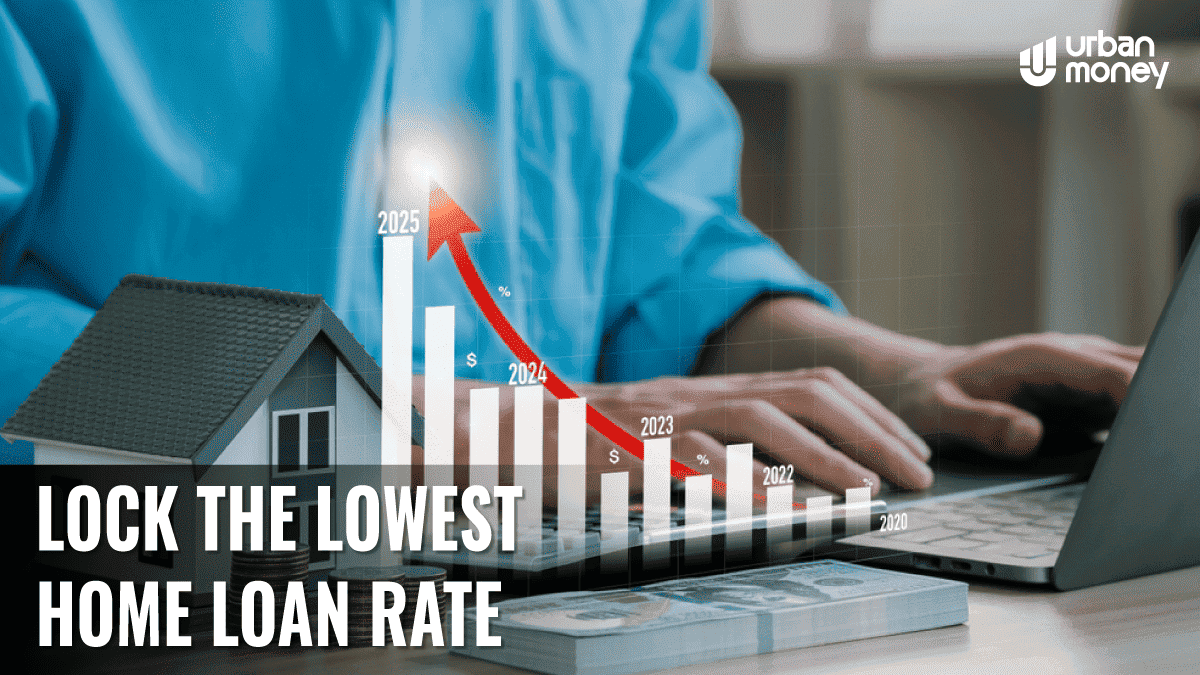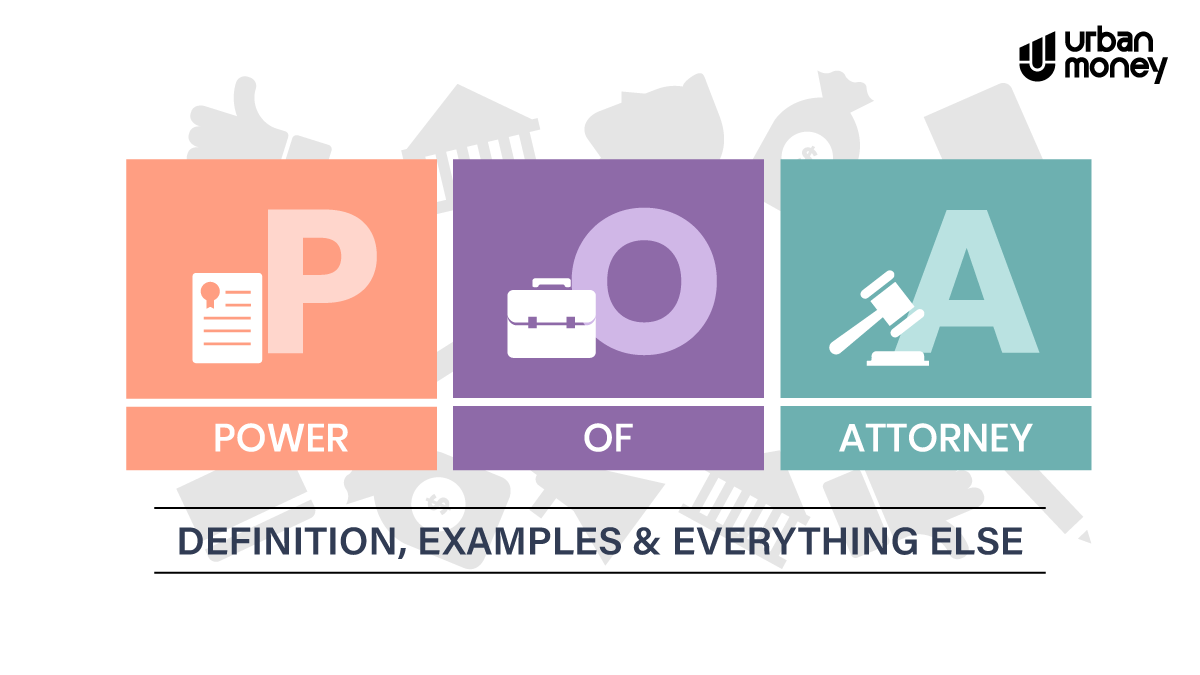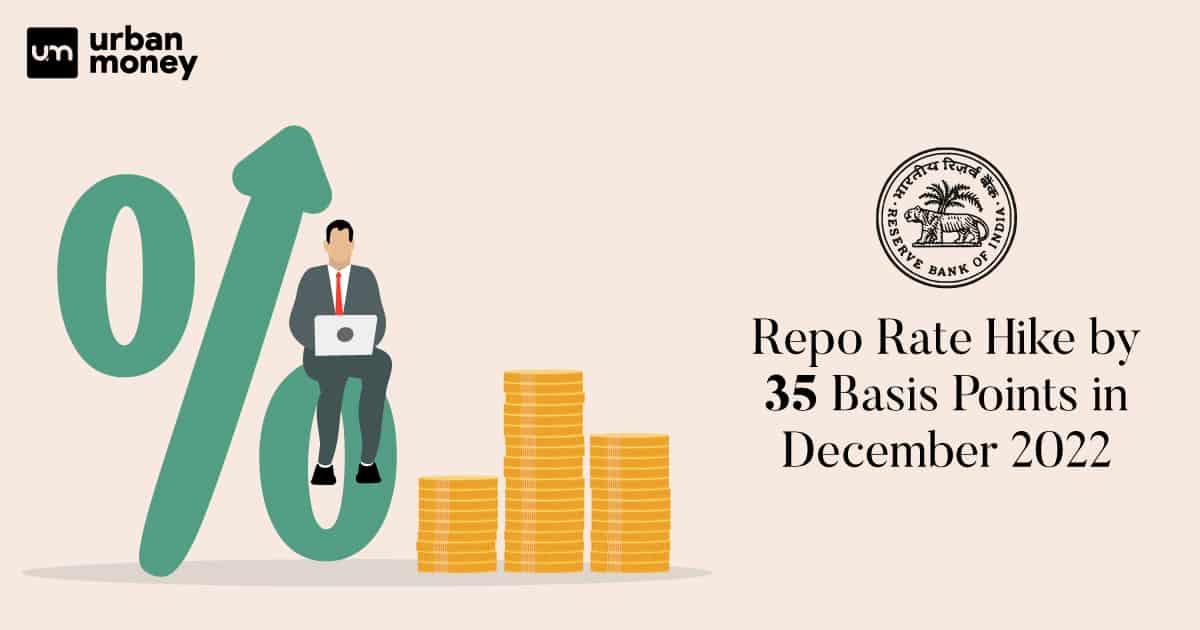Top 10 Best Private Banks in India List 2025
January 09, 2025
Home Loan Archive | Home Loan Exemptions : Tax Rebates, High Savings

April 03, 2025


A home loan can not only get you your dream home —it can also help you save on taxes! Home loan exemptions offered by the Income Tax Act (1961) allow borrowers to claim rebates that lower their taxable income. These exemptions range from Rs. 50,000 to Rs. 2 lakh, ensuring ease of investment for home loan customers. Whether you’re seeking a house loan for tax exemption or wondering how the home loan exemption in the new tax regime works, this blog will be your trusted guide. Read on to learn about the laws, the application process for housing loan exemptions and more.
Table of Contents
ToggleThe Income Tax Act (1961) offers home loan exemptions on principal repayments and interest payments. These provisions are covered under Sections 24(b), 80C, 80EE, and 80EEA of the Act. Take a detailed look at each section below:
Section 24(b) allows exemptions on housing loan interest payments. The section enables self-occupied properties to deduct a maximum of Rs. 2 lakhs annually. Interest payments can be claimed without any upper limit if the property is rented out. However, the total loss from the property that can be adjusted against other income in a year is capped at Rs. 2 lakhs.
Interest payment deductions are available only for purchase, construction, repair, renewal, or reconstruction loans. The property must be completed within five years of taking the loan. Exceeding the allowed time would curtail the deduction up to Rs. 30,000 annually.
Section 80C offers home loan exemptions of up to Rs. 1.5 lakhs per annum on the principal component of the loan. This section also covers stamp duty and registration payments. However, the deduction can be claimed only if the property is not sold within five years of possession to be eligible for it. If this fails, the deductions will be re-added to the gross income in the year of sale.
First-time homebuyers can claim an additional tax deduction of up to Rs. 50,000 on the interest component of the loan. To qualify, the loan amount should not exceed ₹35 lakh, and the property’s value should not be more than ₹50 lakh. Additionally, the loan must have been sanctioned between April 1, 2016, and March 31, 2017.
This section offers home loan exemptions up to Rs. 1.5 lakhs per annum on interest payments of properties with stamp duty less than Rs. 45 lakhs. The section applies to home loans sanctioned between April 1, 2019, and March 31, 2022. Further, the taxpayer should not own any other residential property at the time of the loan’s sanction.
When a property is jointly owned, Section 26, read with Section 24, allows each co-owner and co-borrower to claim separate tax deductions. Both co-owners can individually claim the ₹2 lakh interest deduction under Section 24(b) and the ₹1.5 lakh principal deduction under Section 80C. However, deductions are subject to the share of ownership of the property.
| Section | Type of Exemption | Maximum Deduction |
| Section 24(b) | Interest Payment | Up to Rs.2 lakh/year (Up to Rs.2 lakh/year) |
| Section 80C | Principal Repayment | Up to Rs.1.5 lakh/year |
| Section 80EE | Interest Payment | Up to Rs. 50,000/year |
| Section 80EEA | Interest Payment | Up to Rs.1.5 lakh/year |
| Section 26 + 24 | Interest + Principal Payment | Up to Rs. 2 lakh on interest/ 1.5 lakh on principal repayments per year. |
While the new tax regime introduced lower rates for home loans, it also curtailed available exemptions. Taxpayers lose out on deductions available on interest payments [Section 24 (b)], principal repayments [Section 80C], and even additional deductions [Section 80EE and Section 80EEA]. These exemptions apply to self-occupied properties. On the other hand, let-out properties are still eligible for interest exemptions based on the taxable rental income earned. However, no set-off of losses is permitted.
While home loan exemptions in the new tax regime are limited, borrowers enjoy lower rates instead. Taxpayers, therefore, must carefully compare both regimes before filing their returns.
Home loan borrowers must produce the necessary documents to claim exemption on housing loans. Some essential documents are listed below:
Salaried individuals must submit these documents to their employers for accurate TDS adjustments, while self-employed individuals should retain them for reference while filing IT returns.
Housing loan exemptions offer benefits from added savings to easy home financing. Take a look at some prominent advantages below:
While applying for housing loan exemptions, taxpayers must avoid making the following mistakes:
Compare the home loan exemptions in the new tax regime versus those in the old tax regime in the table below:
| Deduction | Old Tax Regime | New Tax Regime |
| Standard Deduction | Up to Rs. 50,000 | Up to Rs. 50,000 |
| Exemption on Principal Repayment | It allows a deduction of up to Rs. 1.5 lakh per annum on principal repayment, including stamp duty and registration charges. | No deduction |
| Deduction on Interest Payment (Section 24(b)) | Allows deduction up to Rs. 2 lakh per annum on interest paid for self-occupied properties; the interest for rented properties is subject to a cap on set-off against other income. | No deduction for self-occupied properties.
Limited deductions are available on rented properties based on applicable conditions. |
| Additional Deduction for First-Time Homebuyers (Section 80EE) | Offers an additional deduction of up to Rs 50,000 on interest paid, subject to specific conditions. | No deduction available. |
| Loss Carry Forward | Allows carrying forward loss from house property for up to 8 years, which can be set off against income from house property in subsequent years. | No carrying forward is permitted. |
| Suitable For | Taxpayers who are looking for more rebates and affordable home loans. | Home loan borrowers prefer a simplified structure. |
| Tax Slabs & Rates | Higher tax rates but allow multiple deductions. | Lower tax rates but no exemptions available. |
Home loan exemptions are tools for savings. They make home loans more affordable while providing more disposable income through tax deductions. Exemptions on housing loans cover both principal and interest payments. While the old tax regime provides multiple deductions under Sections 24(b), 80C, 80EE, and 80EEA, home loan exemptions in the new tax regime remain largely absent. Whether you’re looking for a house loan for tax exemption or exploring ways to maximise savings, understanding these provisions can ensure smarter financial planning and long-term wealth creation.
Section 24 of the Income Tax Act (1961) offers a tax deduction of up to Rs. 2 lakh per year on home loan interest for self-occupied properties. There is no limit on exemptions for rented properties, but the total loss set off is capped at Rs. 2 lakh per annum.
Yes, Section 80C of the Income Tax Act (1961) allows claiming up to Rs. 1.5 lakhs per annum on principal repayments, provided the property is not sold within 5 years of possession.
Yes, stamp duty and registration fees are subject to exemptions up to Rs. 1.5 lakhs under Section 80C of the Income Tax Act (1961). However, the exemption can be claimed only in the year of payment.
Yes, for a rented or let-out property, owners can claim interest exemptions under Section 24(b) of the Income Tax Act (1961) without any upper limit. However, the total loss set off against other income is capped at Rs 2 lakh per year.










© 2025 www.urbanmoney.com. All rights reserved.

Need Loan Assistance?

Thank you for showing your interest. Our agent will get in touch with you soon.

















